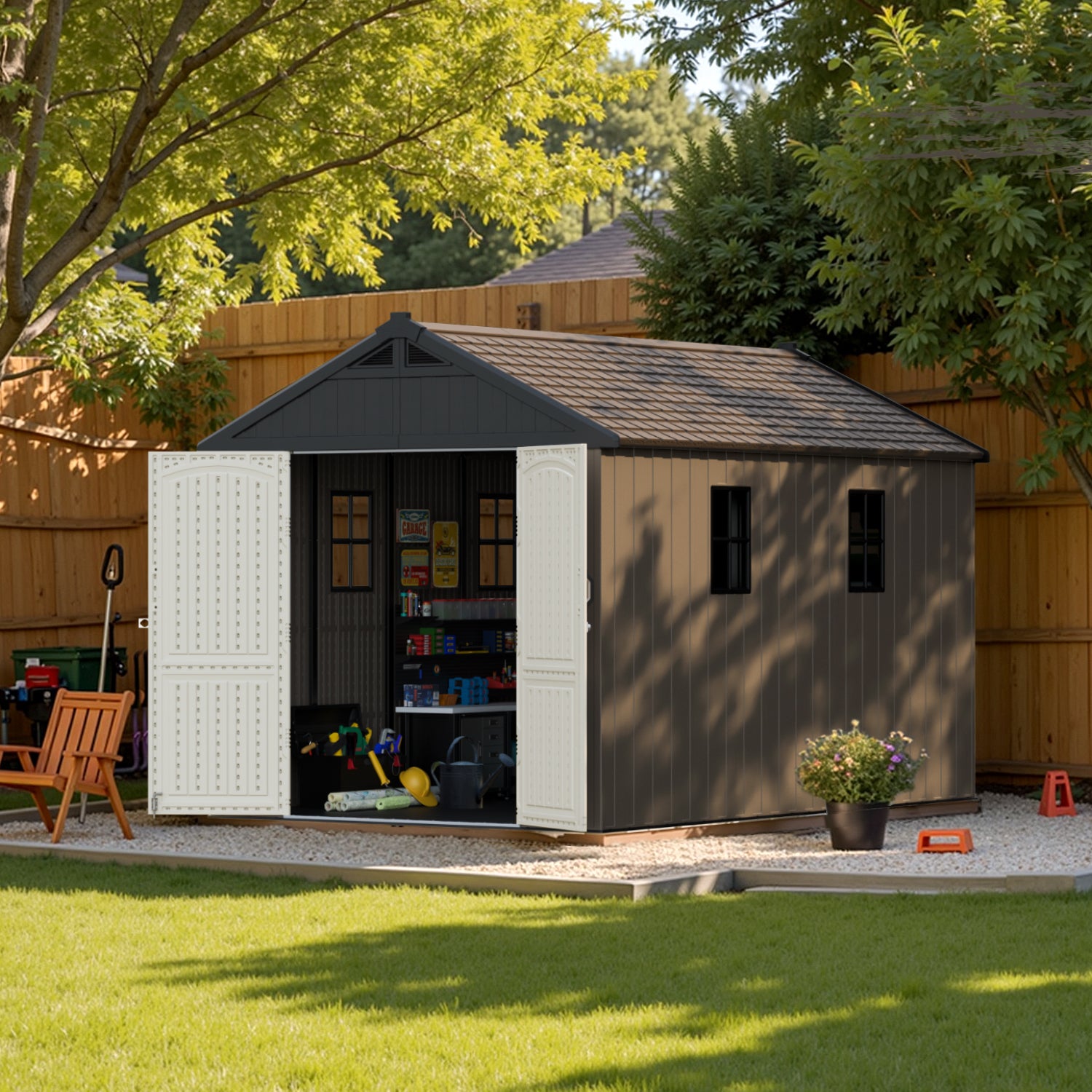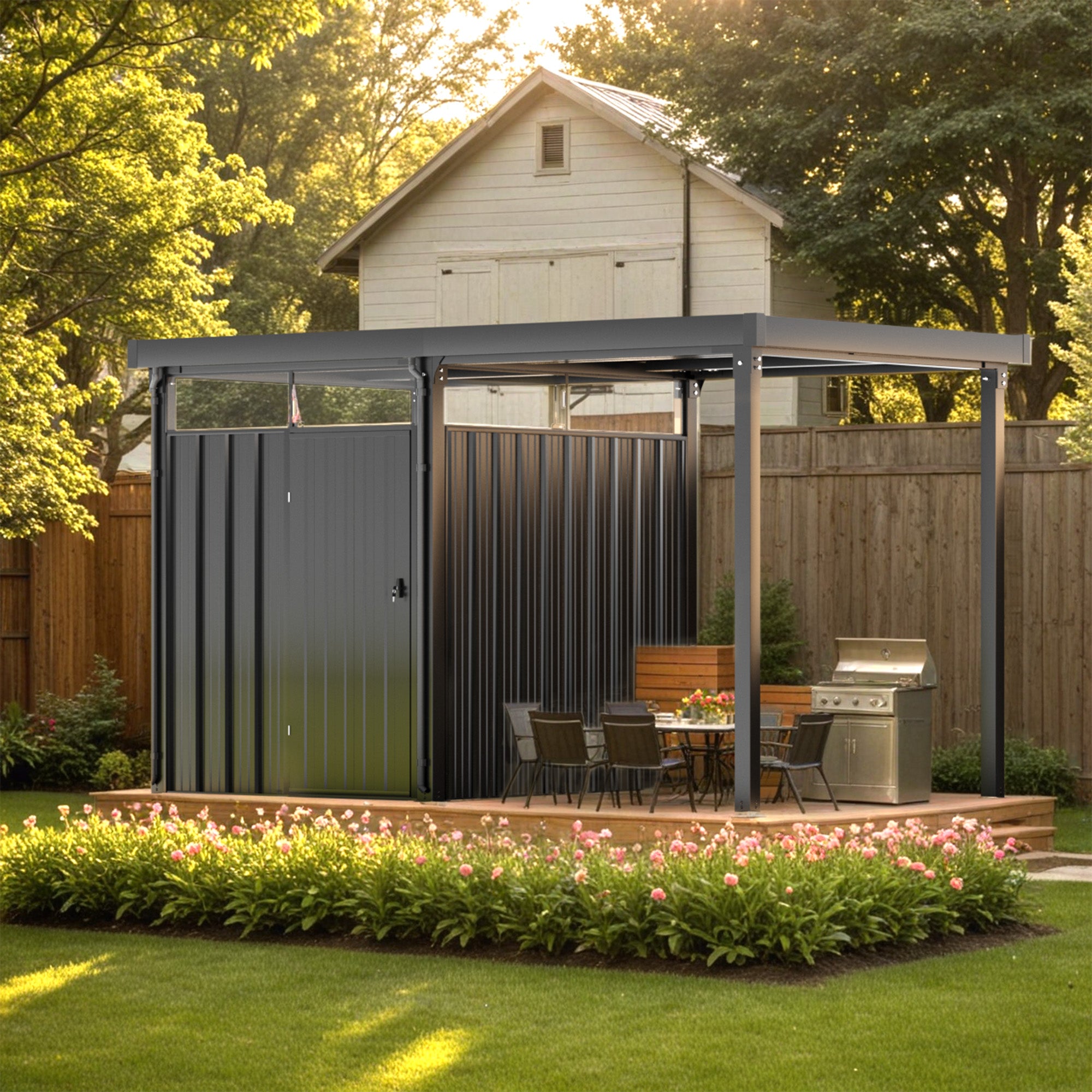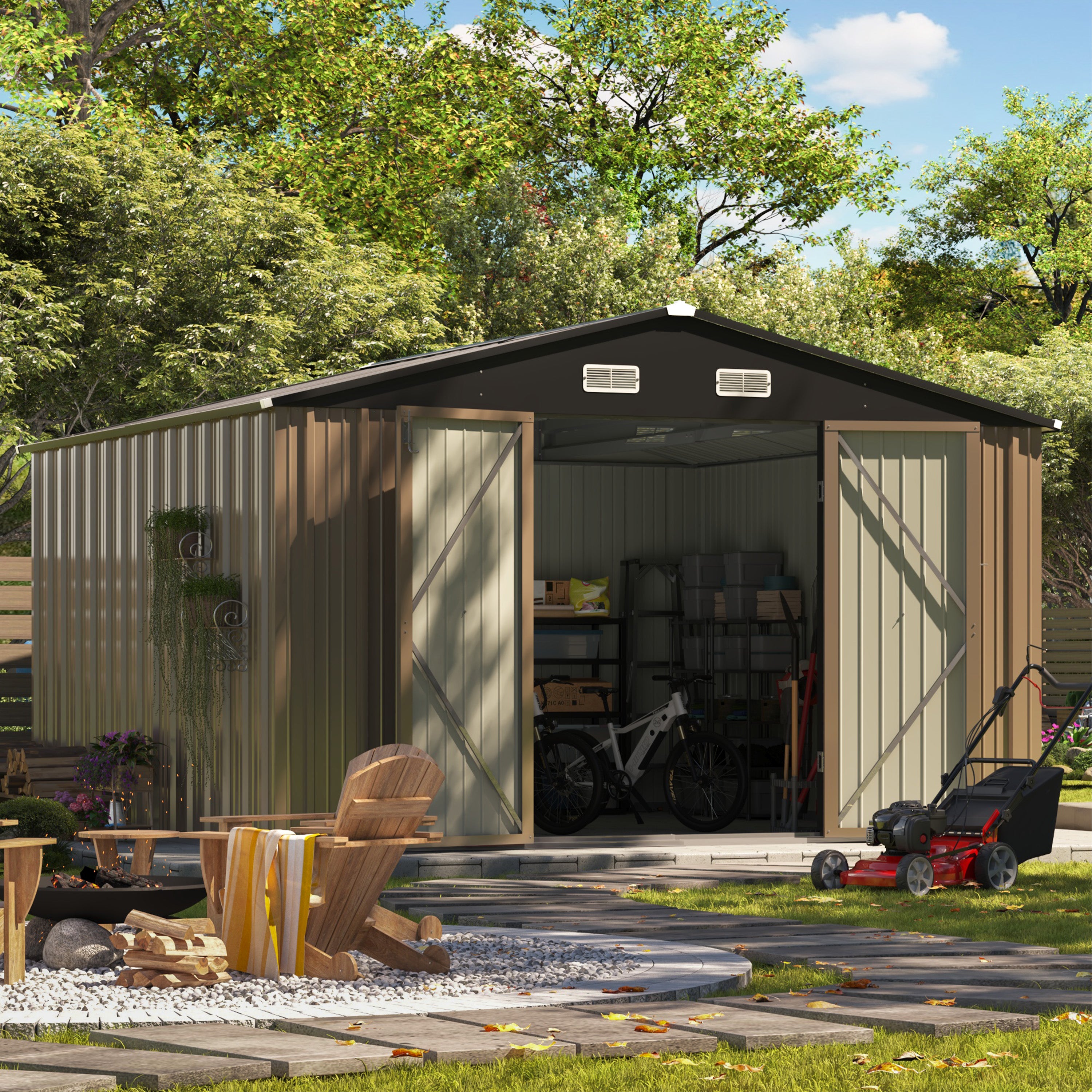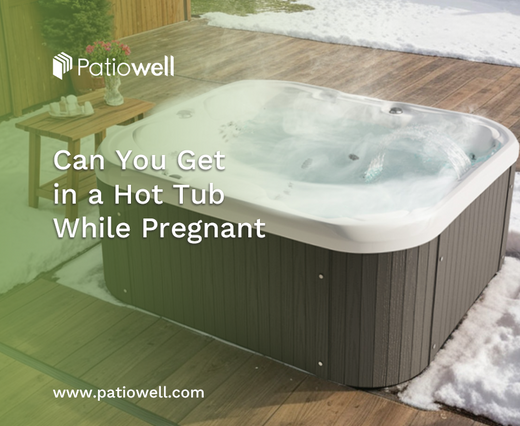Are hot tubs good for you, or are there risks involved with such warm, bubbling water? Many people ask themselves this very question. Whether you seek to alleviate muscle tension, increase circulation, or simply relax after a long day, this article will answer your questions.
By the end of this, you will have all it takes to make an informed choice on whether a hot tub will suit your interest in health and relaxation.
Table of Contents:[hide]
What Are the Health Benefits of Using a Hot Tub?
The hot tubs are a mine of health benefits based on the principles of hydrotherapy, incorporating heat, buoyancy, and massage as therapeutic tools for keeping the body and mind in good health.
Here is a deeper look at how taking regular use of the hot tub improves your quality of life:
Stress Reduction and Relaxation
The warmth of a hot tub, in conjunction with the gentle tingle of water jets, lowers stress hormones like cortisol while increasing endorphins. This process works to release tension in muscles, calmness of the mind, and emotional stability. Studies have documented that hydrotherapy can significantly reduce symptoms associated with anxiety and depression.
Pain Relief and Muscle Recovery
The heat helps to improve blood flow, bringing oxygen and nutrients to aching muscles and joints, while also helping to flush out waste products, such as lactic acid. This is especially beneficial for people with arthritis, fibromyalgia, or those recuperating from physical stress.
Improved Sleep Quality
A soak in the hot tub warms up the body temperature and cools down later, producing melatonin, a hormone associated with inducing sleep. Such regular sessions before going to bed help people overcome insomnia or disturbed sleep caused by stress.
Cardiovascular Support
Soaking in the hot tub dilates the blood vessels, allowing better blood circulation and temporary reduction of blood pressure. It does light exercise and thus is very beneficial for people who are unable to work out with traditional exercises.
Metabolic Boost
Interestingly, the body actually does burn calories in its effort to cool down after a session in a hot tub. This could go hand in hand with weight management strategies, though not replace exercise altogether.
Mental Wellbeing
The sensory experiences offered by hot tubs help in invoking mindfulness. The warmth, bubbling water, and aromatherapy that one can avail of can easily disconnect a person from worldly stressors and transport him into a state of meditation.
You can unlock these scientifically grounded benefits by making hot tubbing part of your wellness. Like any other good health practice, moderation and proper use are in order to maximize gains and reduce risks.
Whom Should Avoid the Hot Tubs?
While hot tubs offer numerous health benefits, they are not suitable for everyone. Certain medical conditions and other circumstances pose safety risks with hot tub use. If you fit into any of the following categories, check with your healthcare provider before soaking:
Pregnancy

Hot tubs should be avoided for extended lengths of time because of the possibility of overheating (hyperthermia) particularly during the first trimester of pregnancy. It is thought that an extremely high body temperature could be a potential hazard to the developing fetus and increase the risk of birth defects.
If a hot tub is used, time in the water should be limited to 10-15 minutes, and the temperature of the water below 100°F (38°C).
Heart Diseases

Care must be taken by people who have cardiovascular problems: heart disease, arrhythmias, and other conditions. The heat of the tub causes dilation of blood vessels, leading to reduced blood pressure and eventual dizziness or even fainting. Increased work for the heart can also cause aggravation of pre-existing conditions.
People with previous heart attacks or unstable blood pressure should avoid it unless otherwise advised by the physician.
Skin Injuries or Infections

This is especially true for wounds, cuts, or skin infections since the warm water can almost turn into a breeding ground for bacteria, increasing the potential of infection, such as folliculitis, making things worse. Skin injuries ought to be fully healed up before trying to use the hot tub.
Low Blood Pressure

People with low blood pressure may experience a further drop when they get into the hot tub. Dizziness and even fainting can result in such cases, and a few people can lose their consciousness. Pay attention to your body and leave the tub if you feel light-headed.
Urinary Tract Infections (UTIs)

A tub might be quite hazardous for the ones susceptible to UTIs or even just experiencing it. The conditions of warm water and disturbed chemical balance in poorly managed tubs are ideal for bacterial growth, which in worse cases can worsen a present infection or even generate a new one.
Is It Good to Take a Hot Tub Daily?
It might be beneficial to relax, reduce stress, improve sleep, and aid in muscle recovery when using the hot tub daily, as the heat and hydrotherapy jets encourage circulation and relax the muscles. However, overuse can bring overheating, dehydration, skin irritation, or infections if the tub is not well cared for.

- Free White Glove Delivery Included
- 5-year Warranty
- Free Shipping 2-7 Business Days
- 30-Day Money Back
Hot Tub Safety Tips

Here are some simple steps to use a hot tub safely:
Keep the Water Clean
Clean and disinfect your hot tub periodically. Use chlorine, bromine, or the like to kill bacteria, renew the water every three/four months, and check the pH balance in the water and filters on a weekly basis.
Watch the Temperature
Don't let the water go over 104°F or 40°C. High heat may also cause dizziness, dehydration, or overheating, especially for those with health issues.
Limit Your Time
Stay in the hot tub for 15-30 minutes at a time. If you want to use it longer, take breaks.
Drink Water
Hot tubs will make you perspire thus dehydrating you. Drink lots of water before and after your soak. No drinks containing alcohol are allowed.
Stay Out if Sick or Injured
Moreover, if you have open cuts or some sort of skin infection, or even if you are just feeling poorly, it would be best to avoid the hot tub for infections or complications.
Supervise Children
Children should use hot tubs in the presence of an adult. Brief sessions and reduced water temperature prevent adverse events.
Be Careful Getting In and Out
Hot tubs are slippery. Use steps or handrails to avoid slipping or falling.
Use a Cover
When the hot tub is not in use, it's best to cover the water for protection from dirt and to avoid accidents with pets or children.
With these tips, you will be able to use your hot tub with safety and protection from the general risks.
What Kind of Hot Tub Risks Exist and How to Avoid Them?
Hot tubs are great for relaxation, but a few hazards come with them. Here's what to watch out for, and how to stay safe.
|
Risk |
Description |
How to Avoid |
|
Excessive time in hot water can raise body temperature, causing dizziness, nausea, or dehydration. |
- Keep water temperature below 104°F (40°C). - Limit time to 15-30 minutes. - Drink water before, during, and after. |
|
|
Poorly maintained hot tubs can lead to bacterial growth and skin infections. |
- Clean hot tub regularly and balance water. - Shower before using to avoid contamination. |
|
|
Hot tubs can lower blood pressure, posing risks for those with heart issues or hypertension. |
- Consult a physician if you have heart problems. - Exit immediately if feeling unwell. |
|
|
Prolonged exposure or high temperatures can cause skin burns. |
- Keep water temperature at safe levels. - Limit time in the tub. |
|
|
Hot tubs may increase the risk of birth defects during early pregnancy. |
- Avoid hot tubs, especially during the first trimester. - Limit use if necessary. |
|
|
Hot tubs can be slippery, increasing the risk of falls. |
- Use non-slip mats and handrails. - Watch your step when getting in or out. |
Takeaway
Hot tubs offer a lot of benefits, like helping you relax, sleep better, and ease muscle pain. On the other hand, one must be cautious in that regard. Simple precautions will help avoid overheating, dehydration, and infection risks.
Diana Mason
Hi there! I’m Diana Mason, the chief editor of Patiowell brand. With over 15 years of diving deep into the world of outdoor furniture, I’ve developed a keen eye for what makes outdoor spaces truly special. I love sharing tips and inspiration to help you create your perfect backyard retreat. Our blog is a reflection of my passion and expertise, featuring only the best pieces that I personally vouch for. Thanks for stopping by—I can't wait to help you transform your outdoor living space!








Leave a comment
All comments are moderated before being published.
This site is protected by hCaptcha and the hCaptcha Privacy Policy and Terms of Service apply.